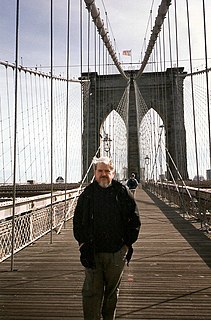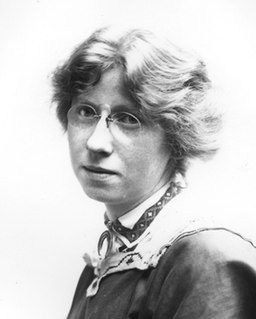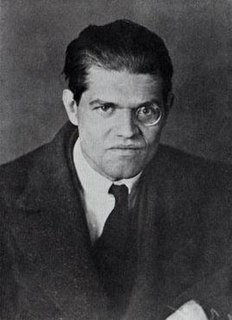A Quote by Don Pendleton
Every writer is working from his own individual world view, and that can become as characteristic as a fingerprint.
Quote Topics
Related Quotes
The writer walks out of his workroom in a daze. He wants a drink. He needs it. It happens to be a fact that nearly every writer of fiction in the world drinks more whisky than is good for him. He does it to give himself faith hope and courage. A person is a fool to become a writer. His only compensation is absolute freedom. He has no master except his own soul and that I am sure is why he does it.
If God wishes to be born as man and to unite mankind in the fellowship of the Holy Ghost, He suffers the terrible torment of having to bear the world in its reality. It is a crux; indeed, He Himself is His own cross. The world is God's suffering, and every individual human being who wishes even to approach his own wholeness knows very well that this means bearing his own cross. But the eternal promise for him who bears his own cross is the Paraclete.
If literature is to transcend political interference and return to being a testimony of man and his existential predicament, it needs first to break away from ideology. To be without "isms," is to return to the individual and to return to viewing the world through the eyes of the writer, an individual who relies on his own perceptions and does not act as a spokesman for the people. The people already have rulers and election campaigners speaking in their name.
Every individual is continually exerting himself to find out the most advantageous employment for whatever capital he can command. It is his own advantage, indeed, and not that of the society which he has in view. But the study of his own advantage naturally, or rather necessarily, leads him to prefer that employment which is most advantageous to society... He intends only his own gain, and he is in this, as in many other cases, led by an invisible hand to promote an end which was not part of his intention
All nature has come to expect from God a sense of orderliness. Whatever God does carries with it His fingerprint. And in the world around us His fingerprint of orderliness is evident to anybody who is honest with the facts. If you look at nature, you will discover a mathematical exactness. Without this precision, the entire world would be in utter confusion. One plus one always equals two no matter what part of the universe you happen to be in. And the laws of nature operate in beautiful harmony, a harmony that is ordered by God Himself.



































